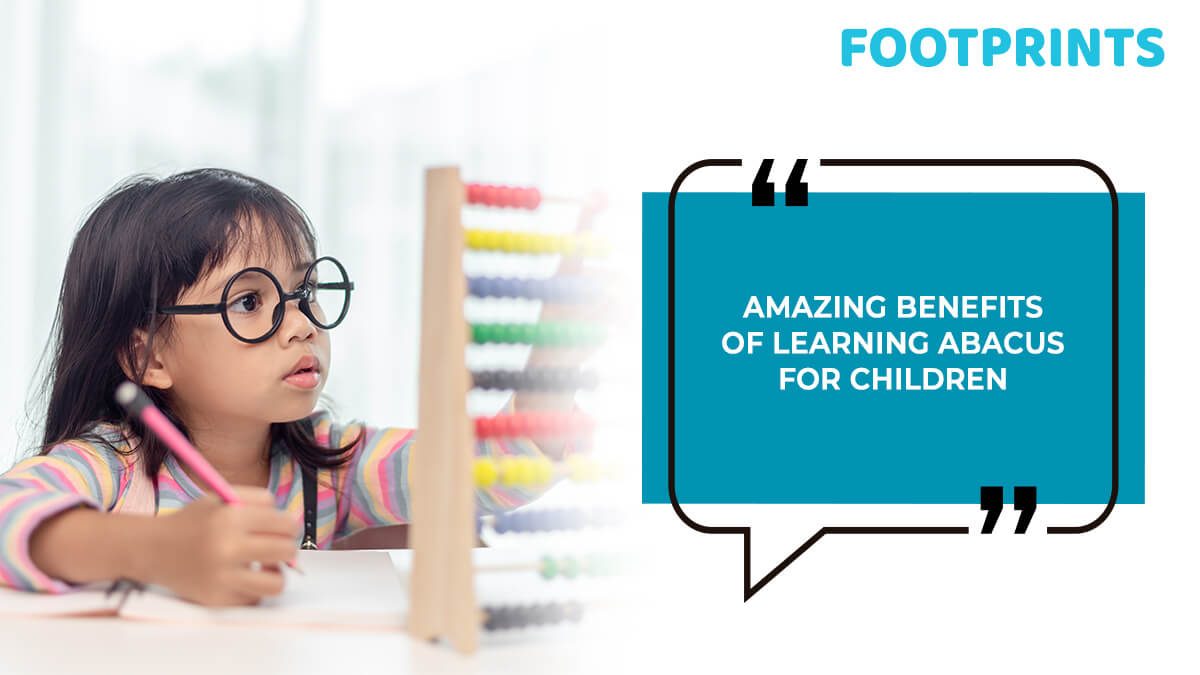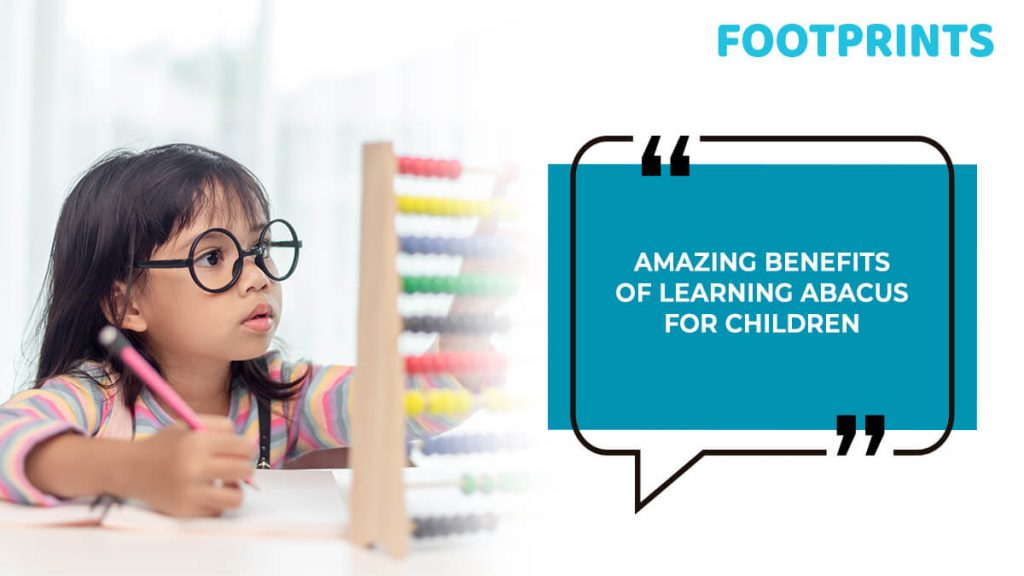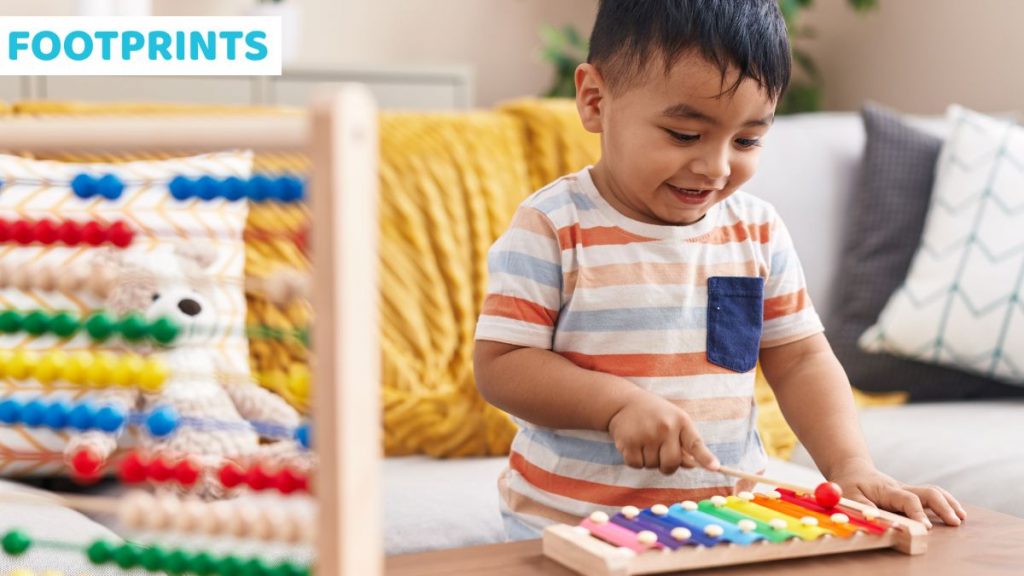
In the world of education, our primary focus is on helping children reach their full potential and nurturing their cognitive abilities from a young age. One incredible tool that really stands out in this mission is the abacus. This remarkable device has a long and fascinating history, dating back centuries. It has a special knack for improving a child’s mental math skills, increasing their ability to concentrate, enhancing memory, promoting problem-solving talents, encouraging logical and analytical thinking, boosting speed and accuracy, building confidence in mathematics, refining hand-eye coordination, sparking creativity and visualization, all while making learning an enjoyable and interactive adventure. In this article, we’ll delve into each of these benefits more deeply, illumining why learning to use the abacus can be a fantastic addition to a child’s educational journey.
Understanding the Abacus
The abacus is a simple, yet powerful calculating tool used for performing arithmetic operations. Its basic structure consists of a rectangular frame with multiple rods or wires on which beads can slide freely. Each rod represents a place value, ranging from units to thousands, and the beads on these rods have distinct values. Typically, beads in the lower section of a rod represent units, while those in the upper section represent multiples of 10.

Amazing Benefits of Learning Abacus
Enhances Mental Calculation Skills
The abacus is a remarkable tool that aids children in mastering mental math and calculation skills. Children learn to visualize numbers and perform mental calculations by manipulating the beads on the abacus. This approach enhances their speed and accuracy in calculations and improves their overall mathematical abilities. As children become more proficient in using the abacus, they develop a profound understanding of number patterns and relationships, enabling them to easily solve complex mathematical problems.
Develops Concentration and Focus
Concentration and focus are crucial skills for a child’s overall development, and abacus learning excels at cultivating these qualities. Utilizing the abacus necessitates attentiveness and calls for children to maintain focus on the current task. Their concentration levels improve as they engage with the beads and perform calculations, leading to enhanced focus and an extended attention span. This improved ability to concentrate benefits their mathematical skills and positively impacts other areas of learning.
Boosts Memory Retention
Memory retention is a fundamental aspect of learning, and abacus training directly impacts a child’s memory capacity. Regular practice with the abacus strengthens the brain’s neural connections and enhances memory retention. Recalling and manipulating numbers on the abacus helps children sharpen their memory skills, enabling them to retain and recall information more effectively. This improved memory capacity not only aids in mathematical calculations but also benefits other areas of academic learning.
Enhances Problem-Solving Abilities
Abacus learning instils in children a strong foundation for critical thinking and problem-solving, which are vital skills for academic success and beyond. As children work on solving mathematical problems using the abacus, they develop logical reasoning abilities and learn to think critically. The abacus offers a structured approach to problem-solving, allowing children to break down complex problems into smaller, more manageable steps. This systematic approach enhances their problem-solving skills and fosters a deeper understanding of mathematical concepts.
Fosters Logical and Analytical Thinking
The abacus encourages children to think logically and analyze mathematical operations in a structured manner. Children develop a logical thinking process by manipulating the beads and visualizing numbers on the abacus. They learn to analyze mathematical problems step by step, considering different approaches and strategies. This analytical thinking cultivates their ability to think critically and solve problems systematically, skills invaluable in various life aspects.
Encourages Speed and Accuracy
Speed and accuracy in mathematical calculations are key components of academic success, and abacus learning accelerates both developments. Regular practice with the abacus helps children become quicker at mental calculations, enabling them to perform mathematical operations swiftly. The repetitive use of the abacus hones their calculation speed, and the visual representation of numbers ensures accuracy in their calculations. This combination of speed and accuracy boosts their confidence and allows for efficient problem-solving in time-sensitive situations.
Cultivates Confidence in Mathematics
Mathematics can be daunting, but abacus learning instills confidence and enthusiasm, making math enjoyable for children. Children become more confident in their mathematical abilities as they learn to use the abacus. The visual and tactile nature of the abacus helps them visualize mathematical concepts, leading to a deeper understanding and mastery of the subject. This increased confidence in mathematics enhances their academic performance and fosters a positive mindset toward the subject.
Promotes Hand-Eye Coordination
The abacus is not only about mental math; it’s also a tool that promotes improved hand-eye coordination, a critical skill for overall development. As children manipulate the beads on the abacus, they enhance their fine motor skills and hand-eye coordination. The precise movements required to move the beads foster agility and coordination, positively impacting other activities requiring manual skills. This improvement in hand-eye coordination contributes to a child’s overall physical development.
Encourages Creativity and Visualization
Abacus learning is not just about numbers; it’s a canvas for creativity and visualization in a child’s mind. Children who work with the abacus are encouraged to visualize numbers and mathematical operations. This visualization process stimulates creative thinking and enhances their ability to think outside the box. They learn to approach mathematical problems from different angles, fostering a creative mindset that extends beyond mathematics and into other areas of learning.
Fun and Interactive Learning Experience
Learning with the abacus offers enjoyable and interactive benefits, turning it into an exciting educational adventure for children. The hands-on nature of using the abacus and its visual and tactile stimulation ensures that children remain engaged and motivated throughout the learning process. The interactive nature of the abacus allows for active participation, promoting a positive learning environment where children can explore and discover mathematical concepts at their own pace.
Conclusion
In conclusion, learning abacus offers a multitude of benefits for children. From enhancing mental calculation skills and concentration to boosting memory retention and problem-solving abilities, abacus training equips children with essential skills for academic success and overall development. Additionally, the abacus fosters logical and analytical thinking, cultivates confidence in mathematics, promotes hand-eye coordination, encourages creativity and visualization, and provides a fun and interactive learning experience. At Footprints, the preschool recognized as a beloved parenting partner, we prioritize the holistic development of children. By incorporating abacus training into a child’s educational journey, parents and educators can unlock their full potential and lay a strong foundation for their future success.

Amita is an experienced educator with over 30 years of experience. She has an outstanding understanding of child development, having worked with various age groups for prestigious businesses. She has been dedicated to handling Footprints’s Curriculum and Delivery department for the past decade. Amita’s credentials include being one of India’s few HighScope Curriculum certified trainers and volunteering as a course leader for Landmark Education, the world’s largest training firm.



